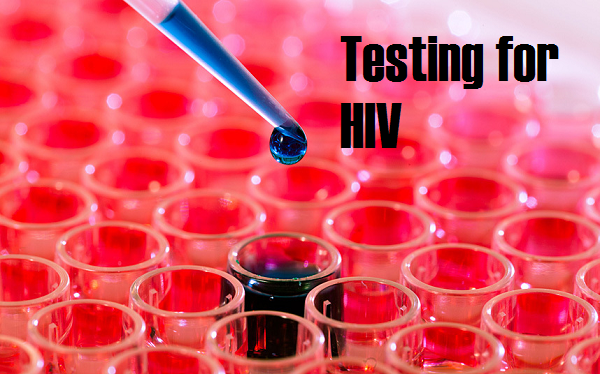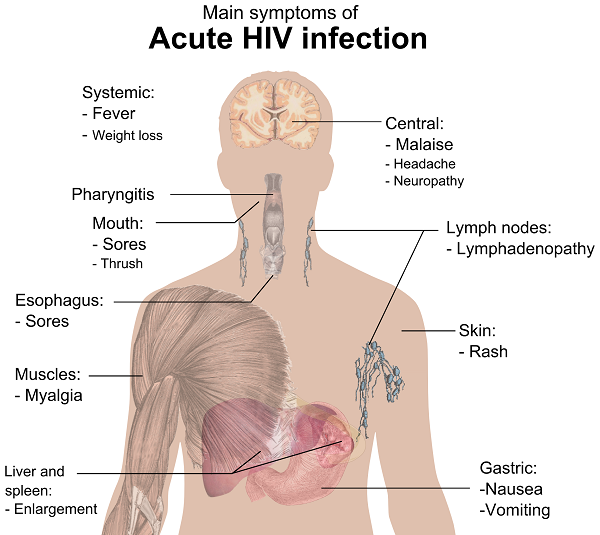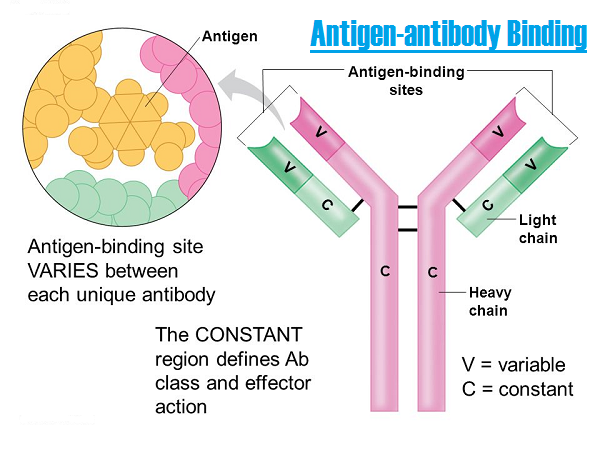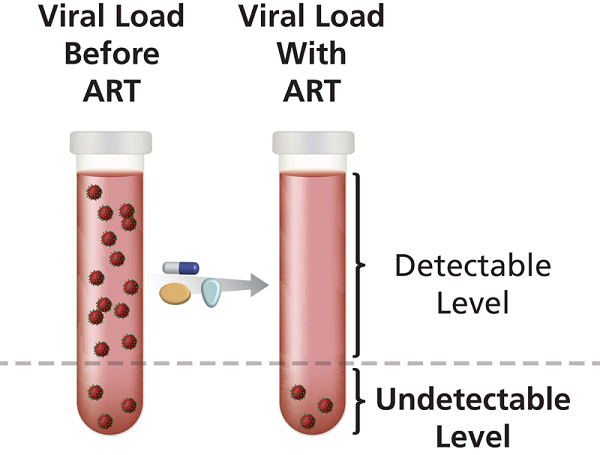HIV – Human Immunodeficiency Virus is one of the deadliest viruses, which when left untreated causes AIDS.
HIV attacks the T cells or CD4 cells in human body. These cells are type of lymphocytes, responsible for maintaining cell mediated immunity in human body. When these cells are considerably damaged by the virus, HIV infected person is said to suffer from AIDS.
Not all HIV infected patients may end up with AIDS. In cases where HIV diagnosis and related treatments are not carried out at an early stage, AIDS becomes inevitable. 
In India, thousands of fallacies are associated with HIV conditions. People are not very open to HIV tests. However, it is important to note, that delayed HIV diagnosis may have fatal results. Therefore, opting for tests and diagnosis is the only way to learn about your health condition.
Moreover, early diagnosis and treatment can help patients live a healthy and normal life, even when the virus is not completely eliminated from the body. You may learn about the entire procedure and symptoms in this post.
HIV Symptoms:
After two to three months of virus infection, the HIV infected person may show some mild symptoms. However, there are a number of cases where people live with HIV within the body for years and have no significant symptoms.
Nevertheless, the top seven HIV symptoms, medically termed as Acute Retro Viral Syndrome (ARVs), are:
- Fever accompanied with sore throat, fatigue and swollen glands
- Skin rashes and other problems
- Weight loss and night sweats
- Mild to severe pain in joints and muscles
- Infections or any other symptom that is recurring
- Nausea, diarrhea and vomiting
- Regular cough and shortness of breath
For women, bacterial and yeast infection or irregular menstrual cycle is one of the earliest symptoms of HIV. 
Thus, you now know how important it is to undergo HIV tests periodically. Precaution is better than cure when it comes to HIV. Therefore, if you want to remain healthy for many more years to come, opt for an HIV test today.
HIV test and its types:
HIV tests are conducted to detect the presence of HIV in urine, saliva or serum. The tests look for either/all of the below mentioned three things in fluid samples.
• First, antibodies that develop within the body in response to the virus
• Second, genetic material of the virus known as HIV RNA( Ribonucleic Acid)
• Third, protein samples known as P24 that are present on the surface of the virus
Primarily there are three major types of HIV tests: Antibody test, RNA test and combination test that look for antibodies and P24. The following section describes all the tests in brief:
HIV Antibody Test:
In response to HIV infection, the body develops HIV antibodies to retard or eliminate the viral growth. However, the antibodies fail to shield the body against this viral attack. Nevertheless, the process of antibody generation has another important functionality. It helps in diagnosis of HIV in the body.
The detection of HIV antibody is the most common HIV test and perhaps one of the oldest methods of testing. The method of antibody testing is known as ELISA( Enzyme Linked Assay). 
ELISA Method:
In this procedure, the serum sample is made to react with laboratory generated virus protein. A person suffering from HIV infection will have the serum antibodies “binding” to the protein.
No antibody binding suggests no HIV presence. However, if the test shows some binding traces, then it needs to be followed by another confirmation test known as Western Blot test.
Today, a slightly advanced version of ELISA is more commonly used. This method is known as EIA and works on the same line as ELISA. In India, the Tri-dot test – a form of EIA test is most commonly used in clinics.
NOTE: The body requires at least a minimum of four weeks of time to develop antibodies that fight back any infection. Therefore, HIV antibody tests need to be carried out after four weeks from the probable period of infection. Thus, the period between probable infection and the time when the test can show accurate result is known as window period. In this case, it is 4 weeks.
HIV RNA Test:
The test is also known as Viral load test. It aims at detecting presence of the virus and not antibodies within the body. The method used for HIV RNA test is known as Polymerase Chain Reaction( PCR) 
- Polymerase Chain Reaction: It is a type of nucleic acid based test. In a laboratory condition, virus present in the blood sample is allowed to multiply and then marked to quantify the viral material present.
If no HIV is present in blood samples, then there is no multiplication and thus the person is said to be free of any HIV infection.The main advantage of this test is that it shortens the window period to almost 3 – 12 days unlike the antibody test.
However, HIV RNA test is not very reliable to confirm the presence or absence of HIV infection.The test is however widely used to detect the presence of HIV in infants who are born to HIV positive mothers.
HIV Combination Test:
This test is by far one of the most effective HIV tests that can give nearly accurate results in a shorter duration of time.
Health care experts suggest that Tri-dot test cannot be a single test to confirm results. Although, Tridot tests show more or less accurate results, it still leaves a little scope of erroneous outcomes. Therefore, opting for a combo test is beneficial.
The procedure followed to carry out the process is known as “Chemoluminiscence.”
- Chemoluniniscence: The test looks for the presence of either antibodies or P24 traces suggesting the presence of virus.
Detection of both can also be expected. During this process, the sample under test is passed through an apparatus that emits light every time an antibody or P24 is detected. The light is seen on a detector.
The HIV combo test can show accurate results within 10 to 18 days from the probable infection period. In addition, the results obtained are 95% accurate and thus reliable.
HIV is a lethal virus that can never be eliminated completely. Once a body is infected, the virus will continue to thrive on the body for life time. However, proper diagnosis at the right time and related remedies can control its adverse effects upto a great extent. Therefore, HIV testing is very essential to keep patients in a more healthy condition and also inhibit its transfer from one body to another.
HIV tests are available with almost every health care center in your city (You can find the list of cities here.) So, what’s the wait for? Get an HIV test done today and stay healthy for tomorrows to come!
Does RPR test detect HIV
AIDS Article writing very good, this Article.
I had a single unprotected vaginial exposure with a prostitute and after then I did a real time RNA PCR test after 10 days and 12 hours of exposure and a lab antibody test after 65 days …….please tell me. .. is it going to change or I have to try some another gets ….I am very depressed